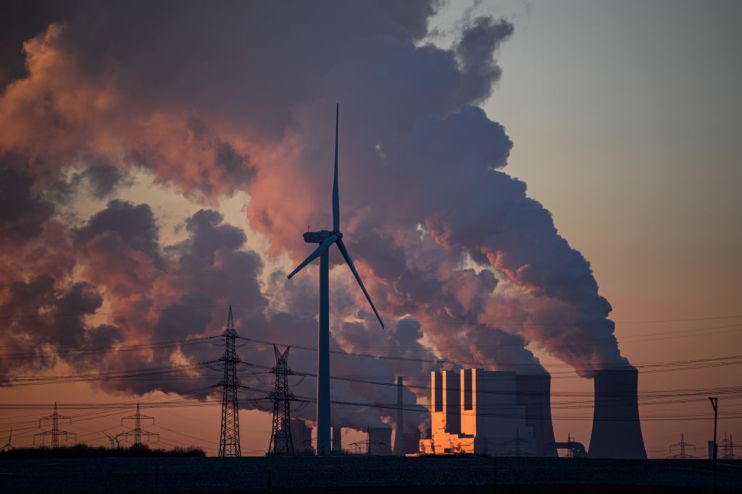National Grid on brink of reviving coal as cold snap escalates energy crisis

National Grid’s battle to keep Britain’s lights on has stretched into late January, with the utilities giant turning to coal amid an enduring cold snap.
The company has made its third request in a week to warm up the UK’s remaining coal power plants, with declining wind generation putting more pressure on the country’s creaking energy network.
This follows temperatures falling below freezing this month – with the winter weather enduring into late January and temperatures set to fall to four degrees celsius this evening.
The Electricity System Operator (ESO) issued the notification today to warm up three of the UK’s five remaining coal units, clarifying that it did not mean the power plants would be used.
Instead, it wanted to ensure the leftover fleet is available to bolster power supplies in case capacity margins are strained at peak times this evening.
The two Drax plants in North Yorkshire and one unit at West Burton in Nottinghamshire will be kept ready as part of the contingency plan.
National Grid has not suggested there is any threat of blackouts this evening, and previously stood down its requests on Monday and Tuesday for the coal power plants to be turned on.
A spokesperson said: “This notification is not confirmation that these units will be used on Thursday, but that they will be available to the ESO, if required. The ESO as a prudent system operator has these tools for additional contingency to operate the network as normal.”
Energy crisis: National Grid turns to Europe for emergency supplies in last minute scramble
So far, National Grid has avoided blackouts, including the worst-case scenario in its winter outlook – which factored in four days of rolling blackouts in early January.
The latest data on the UK’s energy mix reveals the grid is relying on fossil fuels to meet over half its energy needs, with renewables declining to less than 30 per cent.
The potential revival of coal follows a last-minute push for supplies yesterday, when the UK had to rely on Europe for emergency assistance to prevent a power crunch in south east England.
National Grid was forced to make eleventh hour requests for help to both France and Netherlands, which supplied electricity to the UK via undersea cables known as ‘interconnectors’.
Hundreds of thousands of homes could have been at risk of blackouts if the supplies hadn’t been sent – as first reported by The Times.
National Grid indicated that a fault on the network in southern England was to blame for the crisis, which passed without incident after the requests were met.
Despite the scare, National Grid has also opted against asking energy suppliers to trigger the demand flexibility service, where customers with smart meters are paid to reduce their energy usage in the evening.
The service was brought in on both Monday and Tuesday for a combined two and a half hour window, with customers collectively saving millions on their energy bills by cutting down their electricity usage.
This included Octopus Energy paying out over £1m in Tuesday night’s session alone, offering savings to around 400,000 participating customers.